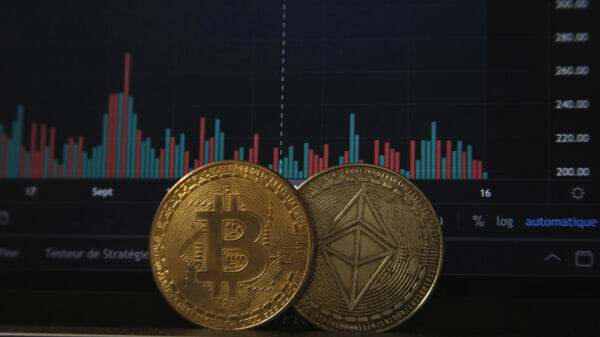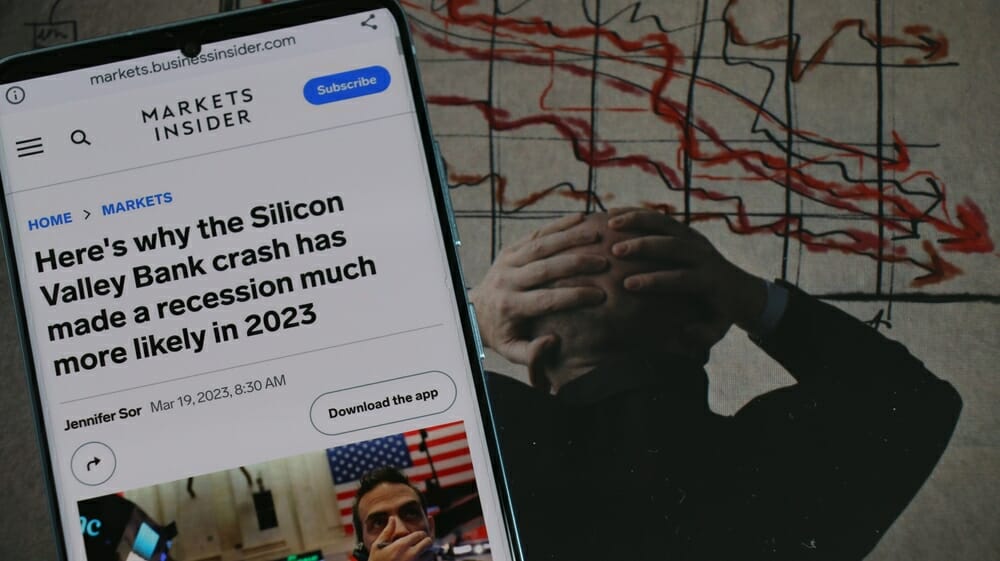Despite the calm, the banking crisis continues to loom, impacting smaller institutions and posing challenges for the industry.
The banking crisis has gone quiet, but it isn’t over. While the focus has shifted to the US debt ceiling turmoil, a potential recession, and the upcoming Fed meeting, the regional banking crisis continues to cast a shadow over the industry. The recent collapse of First Republic Bank, following the failures of Silicon Valley Bank and Signature Bank earlier this year, has reignited concerns.
First Republic Bank’s failure and the other two major bank collapses accounted for a staggering $559 billion in total assets. Adjusted for inflation, this surpasses the $523 billion held by the 25 banks that failed in 2008. JPMorgan Chase stepped in to salvage what remained of First Republic Bank, but CEO Jamie Dimon’s claim that the immediate turmoil was over appears premature.
Economists at EY-Parthenon warned that the banking sector turmoil is contained but not resolved. Smaller banking institutions still play a significant financial role, and their lingering economic impact cannot be overlooked. Treasury Secretary Janet Yellen also acknowledged the need for more bank mergers to navigate the crisis. Funding costs remain high, and midsized banks face a substantial threat from the ailing commercial real estate market.
Smaller banks carry nearly 70% of all commercial real estate loans, making them more vulnerable to deteriorating market conditions. Fitch Ratings Service cautioned that banks with less than $100 billion in assets are at higher risk. A recent study by the Federal Reserve revealed a significant flight of deposits from regional banks toward larger banks, further depleting the deposit base of smaller institutions.
The repercussions of the crisis are evident in the stock market. The SPDR Regional Banking ETF (KRE), which tracks small and mid-sized bank stocks, has experienced a decline of over 30% this year. PacWest Bancorp and Western Alliance Bancorp have also suffered losses in May.
Economists at EY Parthenon predict that increased bank funding costs and deposit volatility will tighten credit conditions, affecting private sector activity. Analysts at Goldman Sachs warned that if the Federal Reserve raises interest rates again in June, regional banks will face more challenges, making lending difficult.
As the banking crisis lingers, it is clear that the industry still faces significant hurdles. While attention is diverted to other pressing issues, the underlying challenges persist. Resolving the regional banking crisis remains a critical task that cannot be neglected.













































